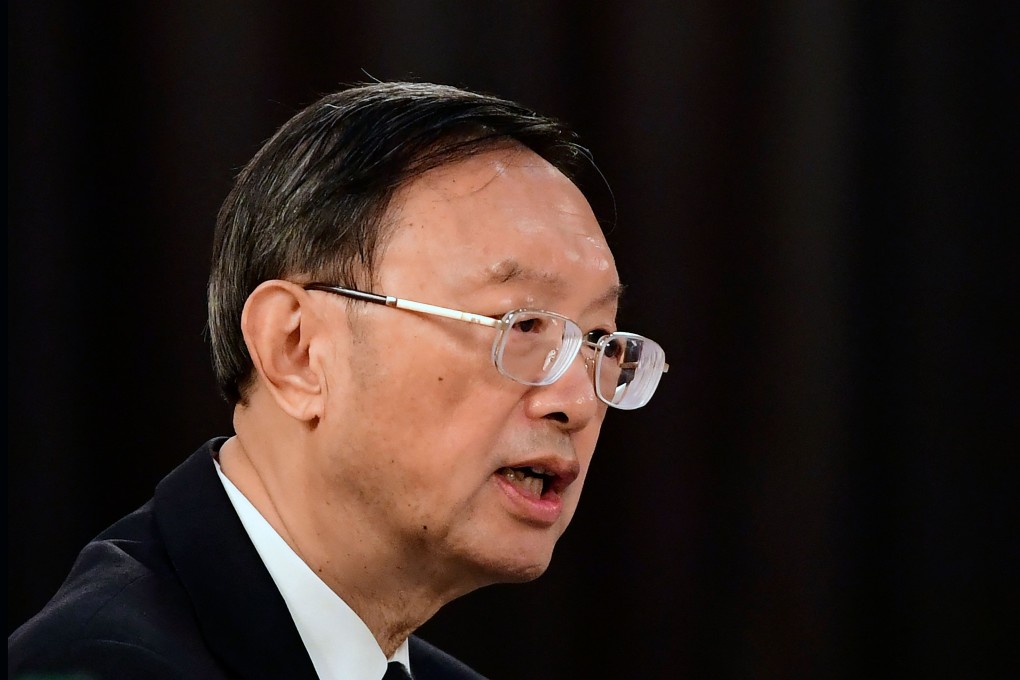Alaska summit: what message did public US-China spat send to observers?
- Observers believe the testy exchanges that opened the meeting in Alaska were aimed at domestic and international audiences
- US may have been trying to send a signal to its allies by accusing China of ‘coercion and aggression’

The combative tone of the meeting between senior Chinese and US officials in Alaska this week was designed to send a message to their respective domestic audiences but also to neighbouring countries, observers believe.
“[That] surprised me a lot. It’s really rare to see in a diplomatic setting,” Wu Xinbo, director of the Centre for American Studies at Fudan University, said.
He said the harsh comments from China’s foreign policy chief Yang Jiechi, a relatively traditional diplomat who is very particular about the appropriate etiquette in these settings, were particularly striking.
In the first round of talks on Thursday, US Secretary of State Antony Blinken raised the issues of Xinjiang, Hong Kong and Taiwan. He also accused China of carrying out cyberattacks on the US and using economic coercion against America’s allies.
Yang hit back by accusing the US of violating diplomatic protocol, and warning that “the United States does not have the qualification to say that it wants to speak to China from a position of strength”.